This week, the 7th ODS Coordination and 6th Cluster Meetings of the Open Discovery Space project are taking place in Helsinki, Finland. University of Helsinki is hosting the event, which started on Tuesday morning with the cluster II meeting sessions. Regading our group, the morning sessions of cluster II are the most relevant ones, as the Content data alignment is being discussed: Enayat has been presenting the updated results on the harvested, pending and new repositories, we have also presented together with Paul Libretch the current status of the search engine as well as the pending tasks. A later session of our interest lead by Open University of the Netherlands discussed the status and future work in the social information to be exposed and managed in the ODS portal, among other issues such as the social info-powered recommender engine.
Tomorrow sessions for cluster III are of special interest to us too, as we will present the work we did creating and giving the content providers online seminars as well as preparing a MOOC for anyone interested in joining ODS project as content provider. David Martin will be the IE representative in those sessions. Bellow, some pictures taken during these days.
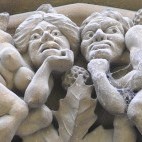



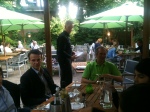

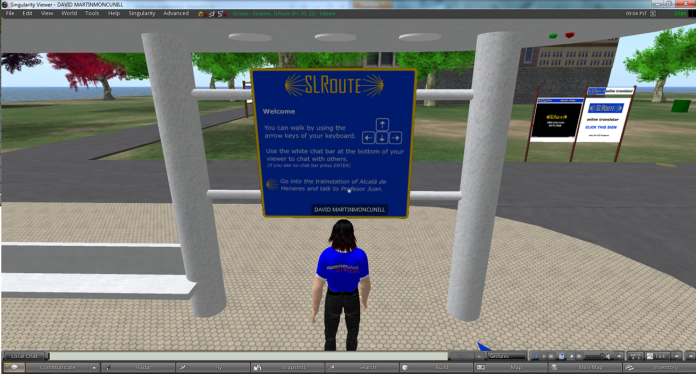
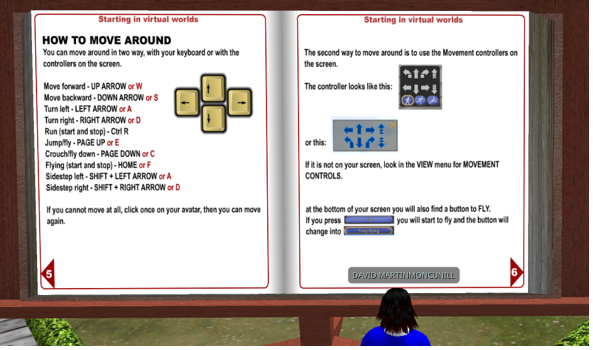
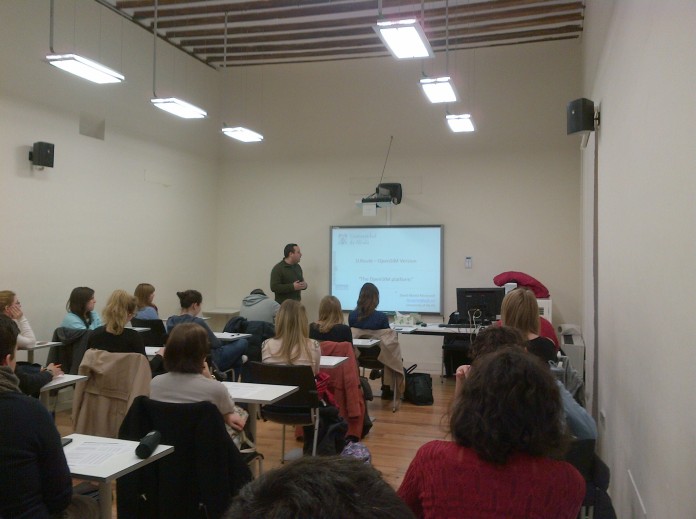
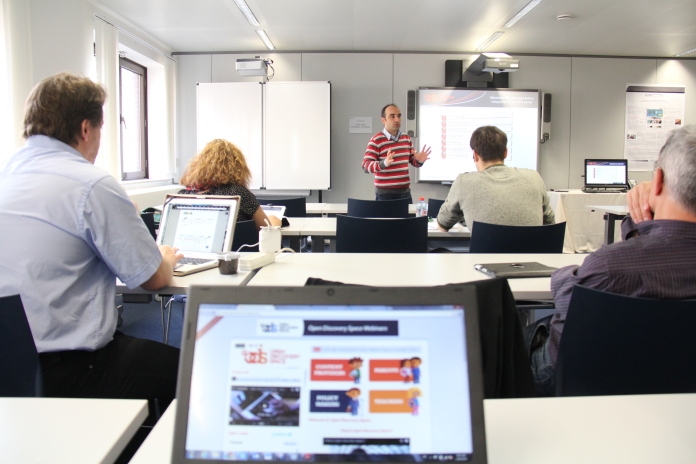

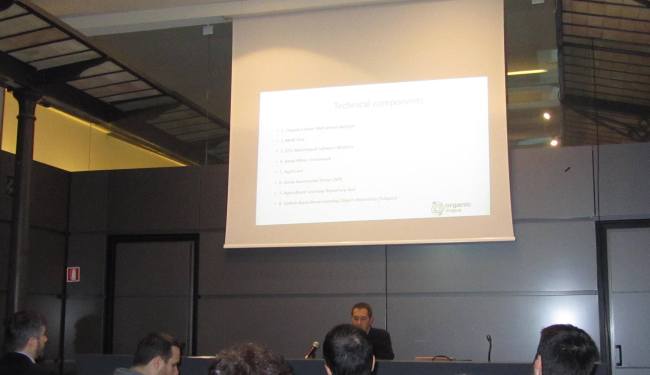
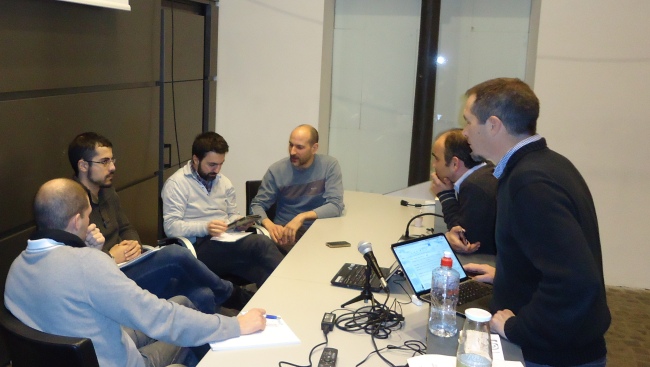
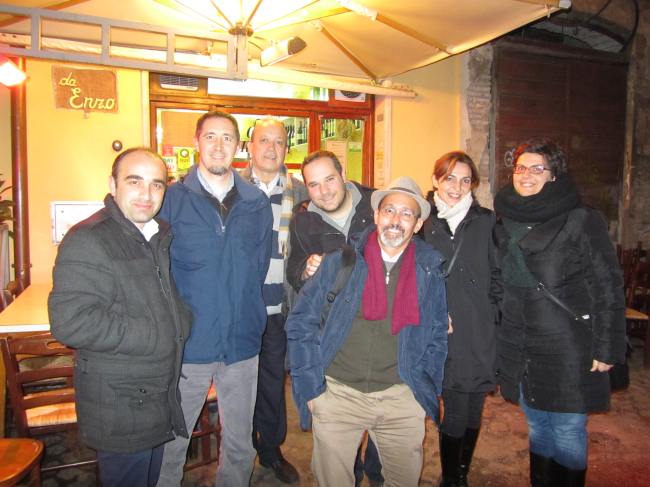
You must be logged in to post a comment.